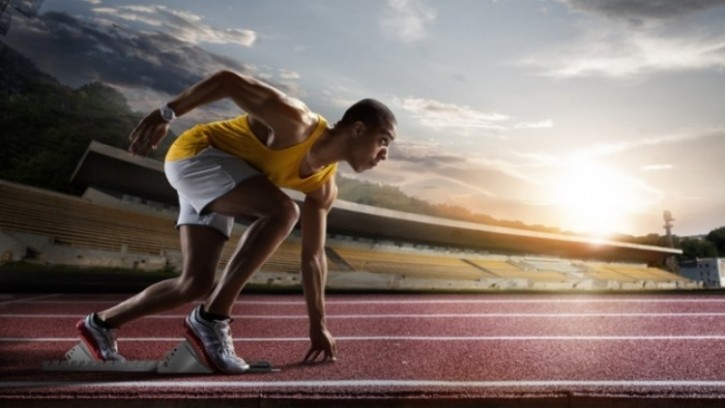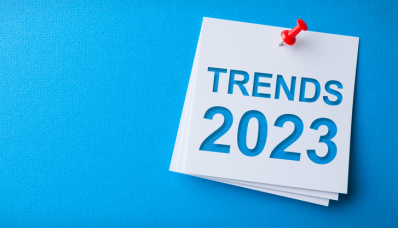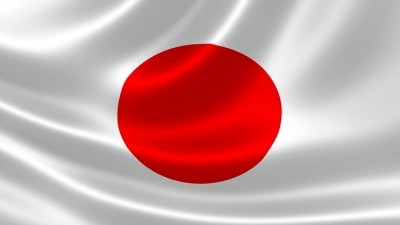Olympic athletes and supplements: 70% of participants at Tokyo games consumed products – new data

That’s according to a new study published by researchers from several Japanese institutions, including the Japan Institute of Sports Sciences.
The study encompassed a questionnaire and subsequent interviews of 1392 athletes who participated in the Tokyo 2020 Olympic/Paralympic and Beijing 2022 Winter Olympic/Paralympic Games.
It found that approximately 70 per cent of Tokyo 2020 Olympic/Paralympic and Beijing 2022 Winter Olympic athletes and 50 per cent of Beijing 2022 Winter Paralympians incorporated supplements into their routines.
However, half of them failed to consult a physician or sports dietitian or review scientific evidence before using these supplements.
The knowledge gap
Elite athletes, seeking to optimise their dietary regimens and enhance their athletic performance, often turn to supplements. But haphazard usage can result in adverse consequences such as anti-doping rule violations or other health issues.
The International Olympic Committee (IOC) has issued a consensus statement, emphasising the need for thorough confirmation, including a doctor’s diagnosis and nutritional assessment before supplement use.
This principle, commonly referred to as the “Strict Liability” underscores athletes’ responsibility in accenting the need for knowledge about proper supplement use. Nevertheless, to date, there is no systematic study to explore whether athletes check these factors before using supplements.
As such, this study set out to investigate the dietary intake, types of supplement use, and purpose of supplement use among Olympic and Paralympic athletes at the Japan Institute of Sport Sciences.
Troubling trends
Overall, the study found that most elite athletes were concerned about well-balanced diets, hydration during practice, and consumption of alcohol and snacks.
Protein powder and amino acids were the most used supplements, followed by vitamins and minerals.
“Recovery” was the primary goal for Tokyo 2020 Olympic/Paralympic and Beijing 2022 Winter Paralympic participants, whereas Beijing 2022 Winter Olympic participants sought “performance enhancement”.
Those who did not use dietary supplements cited either a lack of need or fear of an anti-doping rule violation.
In addition, some athletes relied on recommendations, teammate usage, or free supplement as reasons for consumption, the study stated.
A significant portion of the participants also did not check for the side effects of supplements or their interaction with other medications. Two per cent of the athletes were unaware of anti-doping measures when using supplements, while five per cent did not check whether the supplements they used contain doping-prohibited substances.
Opportunities for education
Past studies have exposed the risks of supplement overdoses and quality assurance failures, claimed the researchers.
The present study suggests athletes present a lower anti-doping awareness when supplements are offered by their team, elevating any safety concerns.
Thurs, researchers stress on the importance of nutritional education for national team athletes, emphasising on the right knowledge about diets and supplements.
The research team believes as supplements becomes more common among elite athletes, planned consumption is highly encouraged.
The study concluded: “Based on the findings of this research, it is imperative to implement tailored nutritional support and anti-doping education specific to the characteristics of each sport. Furthermore, there is a need to update and disseminate information regarding the necessity, effectiveness, and safety of supplements, thereby contributing to the prevention of unintentional anti-doping rule violations among athletes.”
Source: Frontiers in Sports and Active Living
Investigation of supplement use and knowledge among Japanese elite athletes for the Tokyo 2020 Olympic/Paralympic games and the Beijing 2022 winter Olympic/Paralympic games
https://www.ncbi.nlm.nih.gov/pmc/articles/PMC10622793/
Authors: Kanae Myoenzono and et al.

















